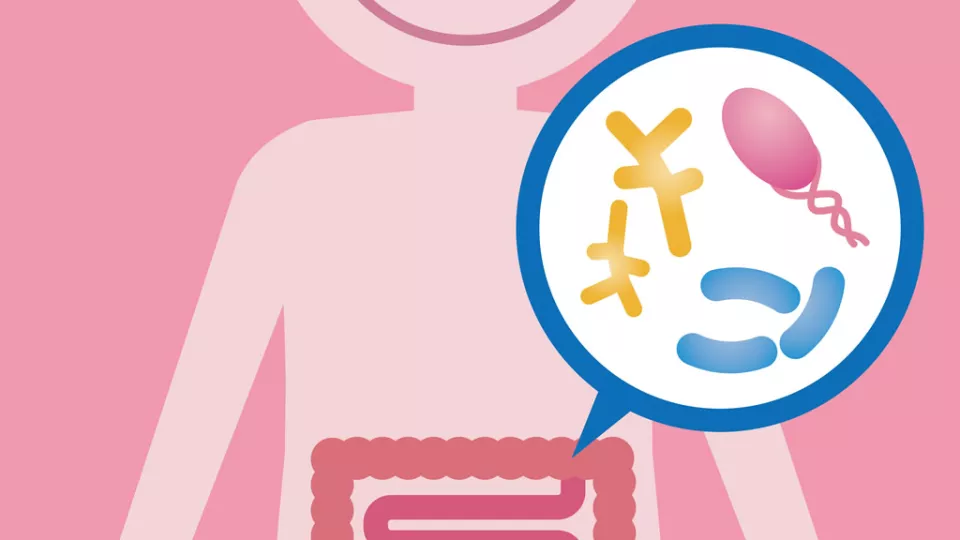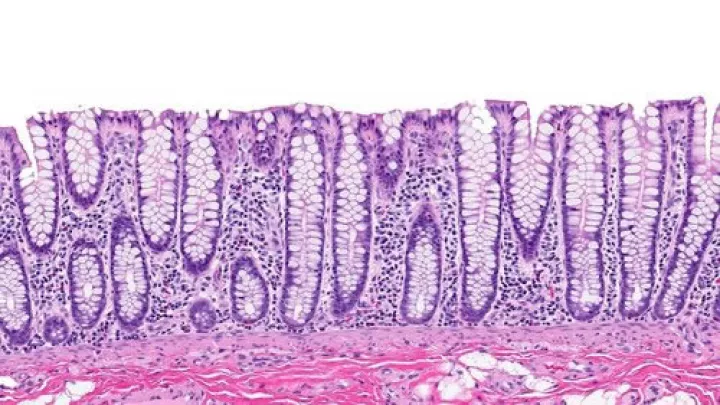
Tummy Troubles: Looking at the Use of Probiotics in Children
Probiotics, bacteria believed to be beneficial for health, are thought to help with various gastrointestinal issues. A recent nationwide study published in the American Journal of Infection Control found it is common for hospitals to prescribe probiotics to patients with a variety of conditions ranging from gastrointestinal disorders to osteoarthritis and congestive heart failure. While adult patients were more likely to be prescribed probiotics, the study, which looked at 145 hospitals nationwide, did find that over 500 children under the age of 1 were given probiotics over a six-year period. We spoke to Sonia Michail, MD, professor of clinical pediatrics at Children’s Hospital Los Angeles, who researches the gut microbiome, about probiotics and their use in children.
How do probiotics work and what are they prescribed for?
Probiotics work through several different mechanisms. They can have a direct antimicrobial effect or produce chemicals to fight harmful organisms. They stimulate the immune system to fight against infection. They can also reduce the amount of autoimmune or allergic response in the body.
There are specific indications for the use of probiotics. They can help reduce diarrhea after viral infections. They can also help reduce the diarrhea that is sometimes associated with using antibiotics. Probiotics can be used for a condition called pouchitis which develops after surgery done for patients with ulcerative colitis. Finally, they have been shown to decrease the number of common colds and may help in preventing a serious condition that affects premature babies – necrotizing enterocolitis.
What are the side effects (if any) of using probiotics?
Probiotics are generally regarded as safe products. Occasionally, people consuming probiotics may experience mild side effects such as bloating. There are rare reports of the probiotic organisms escaping into the blood stream and causing blood infection.
Do probiotics affect the gut microbiome and if so, how?
Some studies show that probiotics can change the gut microbiome while other studies do not show such effects. A recent paper demonstrated that probiotics have a significant capacity to remodel the microbiome of an individual recovering from antibiotic therapy. Another study demonstrated that the probiotic Lactobacillus GG was associated with a reduction in toxins and improvement in the balance of healthy gut microbiome in patients with advanced liver disease.
What kinds of pediatric disorders involve the gut microbiome?
There are many pediatric disorders that involve the gut microbiome including infections such as clostridium difficile, inflammatory conditions like ulcerative colitis and Crohn’s disease, obesity, pediatric non-alcoholic fatty liver disease – which is seen in obese children – and autism, to name a few.
Are probiotics commonly prescribed for children?
Yes. Probiotics are commonly prescribed for children by primary care physicians. Families also self-prescribe probiotics.
What research is being conducted here at CHLA on the effects of probiotic bacteria?
I am currently exploring how the gut microbiome can be modified through the use of probiotic bacteria. I hope to better understand the role of the gut microbiome in pediatric disorders of the gastrointestinal tract, such as irritable bowel syndrome.


